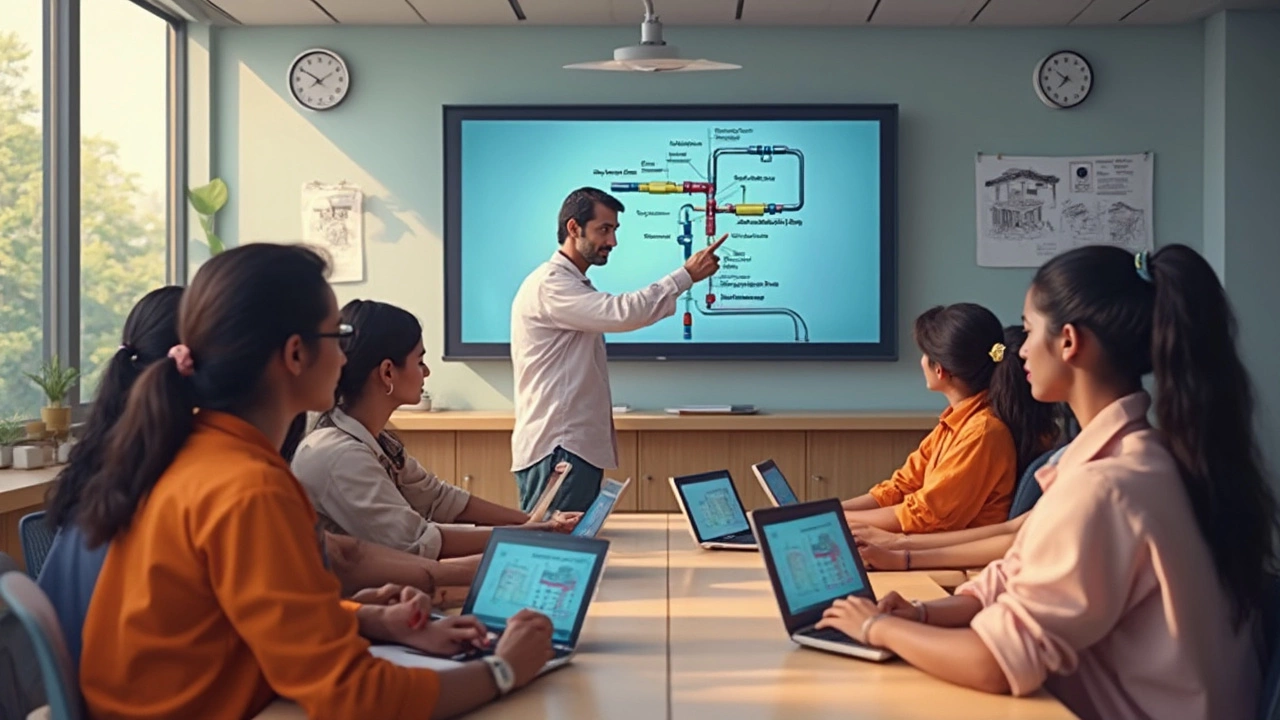Beginner Plumber Course – Your First Step into Plumbing
If you’re looking for a job that mixes practical work with solid pay, plumbing is a great choice. A beginner plumber course gives you the basics you need to start installing pipes, fixing leaks, and understanding how water moves through a building. You don’t need a tech degree or a years‑long apprenticeship to get started – just the right training, a bit of elbow grease, and the right mindset.
Most courses are short, usually ranging from a few weeks to a couple of months. They focus on real‑world tasks, like reading simple diagrams, using hand tools, and learning safety rules. By the end of the program, you should feel comfortable joining a crew on a job site or even handling small solo projects for friends and family.
What You’ll Learn in a Beginner Course
First, you’ll get a breakdown of the tools every plumber carries – wrenches, pipe cutters, torch sets, and basic measuring devices. Knowing how each tool works saves you time and prevents mistakes on the job. Next, the course covers pipe materials: copper, PVC, PEX, and why you’d choose one over another in different situations.
Hands‑on practice is the heart of the training. You’ll drill holes, solder joints, and connect fixtures under the watchful eye of an instructor. This is where you turn theory into muscle memory. Safety is woven into every lesson, so you’ll learn how to wear protective gear, handle gas lines safely, and avoid common injuries.
Finally, most beginner programs include a short intro to local plumbing codes. You don’t need to be an expert, but knowing the basics helps you stay on the right side of inspectors and avoid costly re‑work.
How to Choose the Right Course
Start by checking if the institute is recognized by local trade boards or industry groups. A recognized certificate carries more weight when you apply for jobs. Look for courses that offer a balance of classroom time and shop work – too much lecture can leave you unprepared for the real world.
Cost matters, too. Many community colleges and vocational schools run beginner plumber courses for a few thousand rupees, and some even provide financial aid or pay‑back options once you land a job. Compare what’s included: tool kits, work‑placement help, and post‑course support can make a big difference.Read reviews from former students. If they mention getting a job quickly or feeling confident on the job site, that’s a good sign. Also, ask about the instructor’s experience – a seasoned plumber who’s still active in the field can share the latest tricks and troubleshooting tips.
Once you pick a course, treat it like a real job. Show up on time, ask questions, and practice after class. The more you engage, the faster you’ll pick up the skills that employers look for. Many graduates land entry‑level positions as apprentices or helpers within weeks of finishing.
Starting a plumbing career doesn’t require a fancy degree, just the right training and a willingness to get your hands dirty. A beginner plumber course gives you the foundation, the confidence, and the credential you need to step onto a job site and start earning. Ready to turn a wrench and earn a steady income? Find a reputable beginner plumber course near you and take the first step today.

Looking at tech courses for plumbers but don't know what's easy to start with? This guide breaks down the simplest entry point for beginners, what to expect, and tips to help you pass. You'll learn why plumbing tech courses are less intimidating than they sound, what skills will help you, and how to choose the right program for your goals. If you want to launch a trade career with smart course choices, this is for you.
Continue Reading





